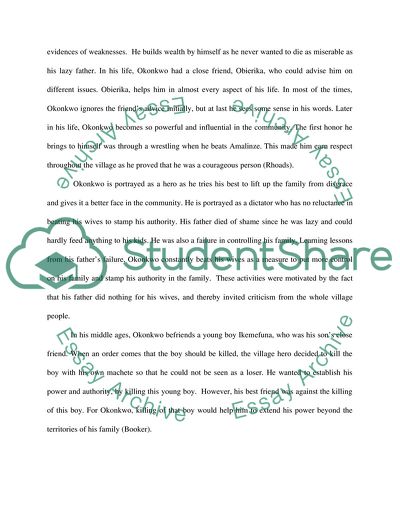Cite this document
(Things Fall Apart, On the Road and Pride and Prejudice Essay, n.d.)
Things Fall Apart, On the Road and Pride and Prejudice Essay. Retrieved from https://studentshare.org/literature/1830552-editingproofreading-my-extended-essay
Things Fall Apart, On the Road and Pride and Prejudice Essay. Retrieved from https://studentshare.org/literature/1830552-editingproofreading-my-extended-essay
(Things Fall Apart, On the Road and Pride and Prejudice Essay)
Things Fall Apart, On the Road and Pride and Prejudice Essay. https://studentshare.org/literature/1830552-editingproofreading-my-extended-essay.
Things Fall Apart, On the Road and Pride and Prejudice Essay. https://studentshare.org/literature/1830552-editingproofreading-my-extended-essay.
“Things Fall Apart, On the Road and Pride and Prejudice Essay”, n.d. https://studentshare.org/literature/1830552-editingproofreading-my-extended-essay.


